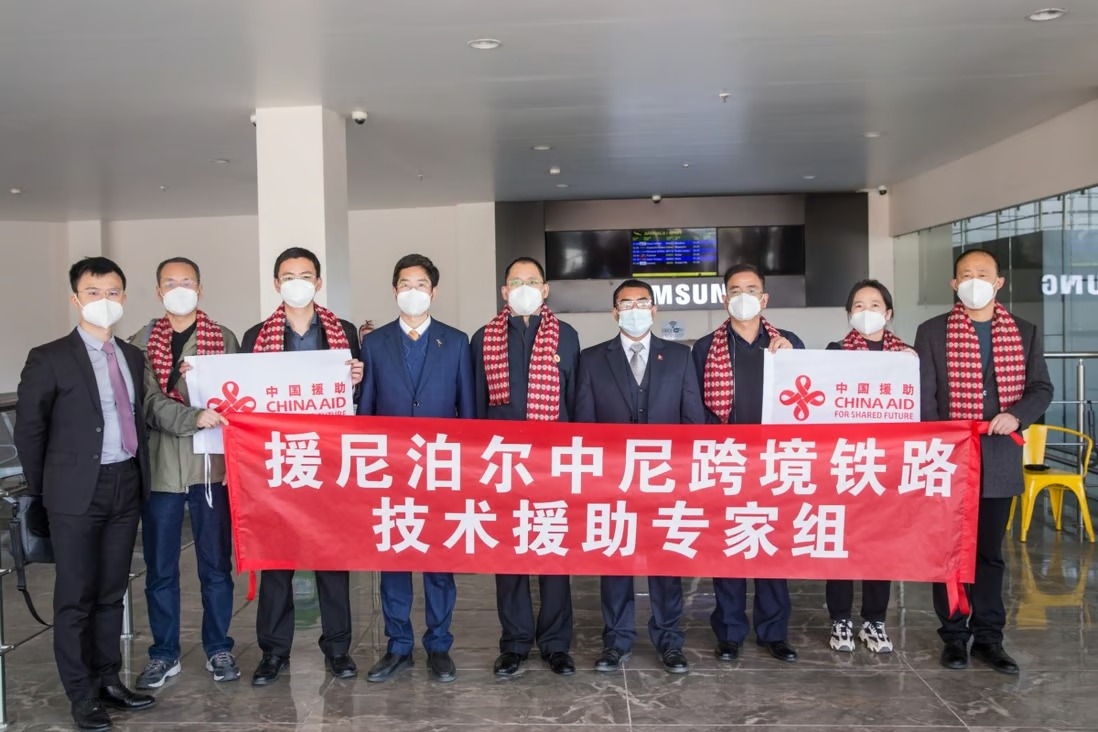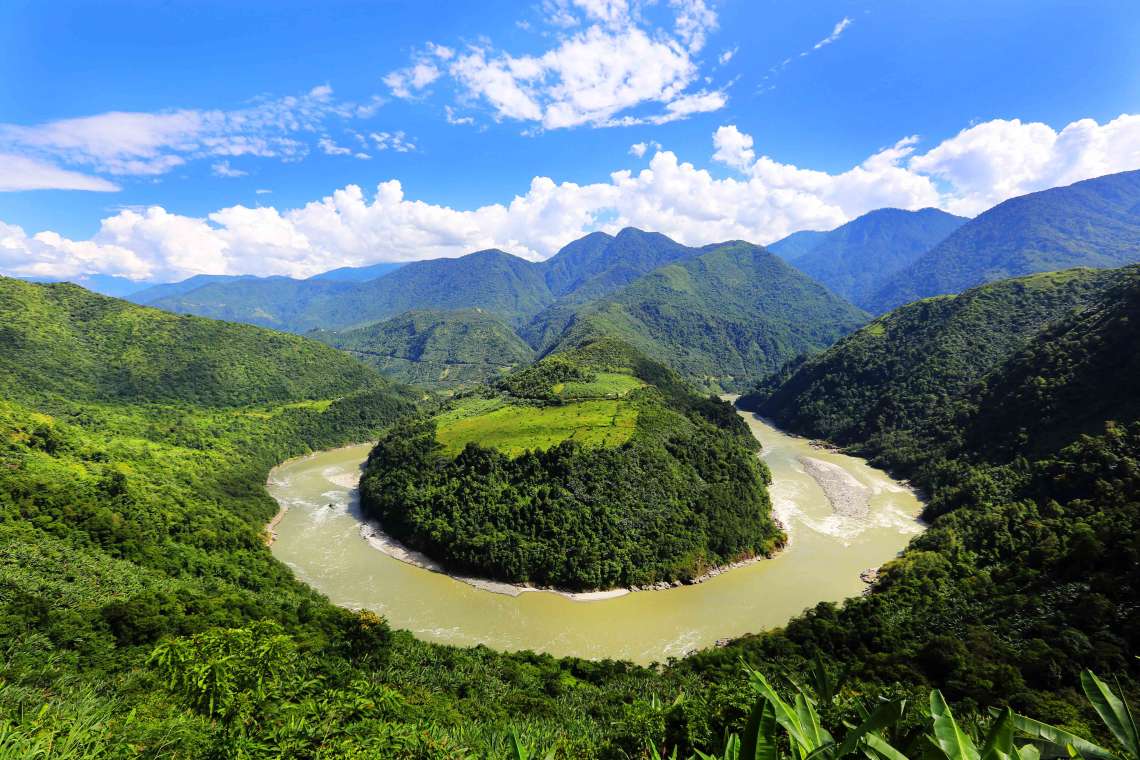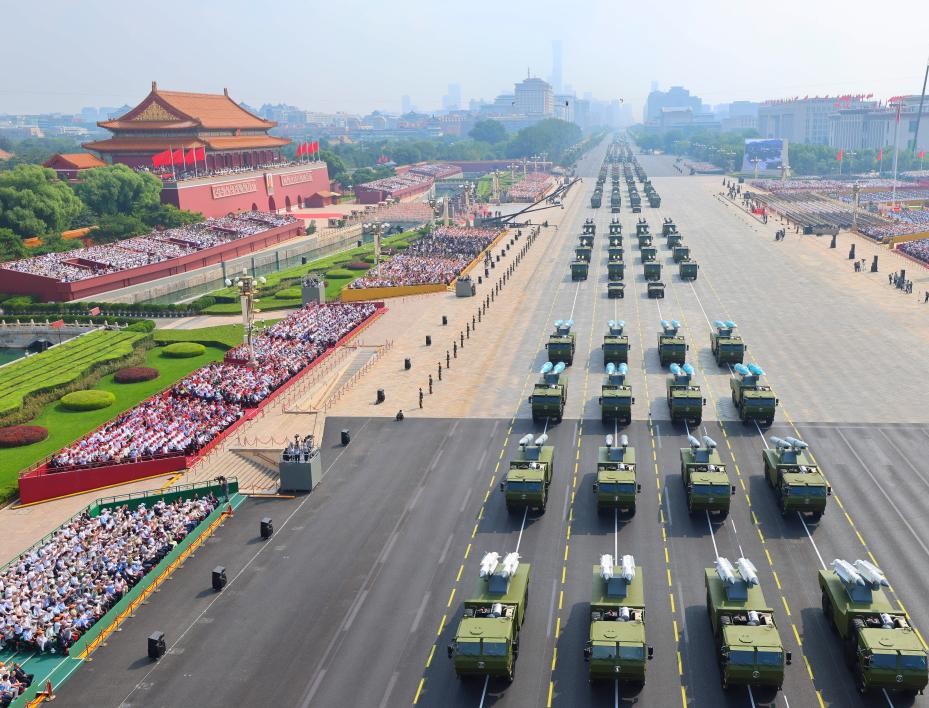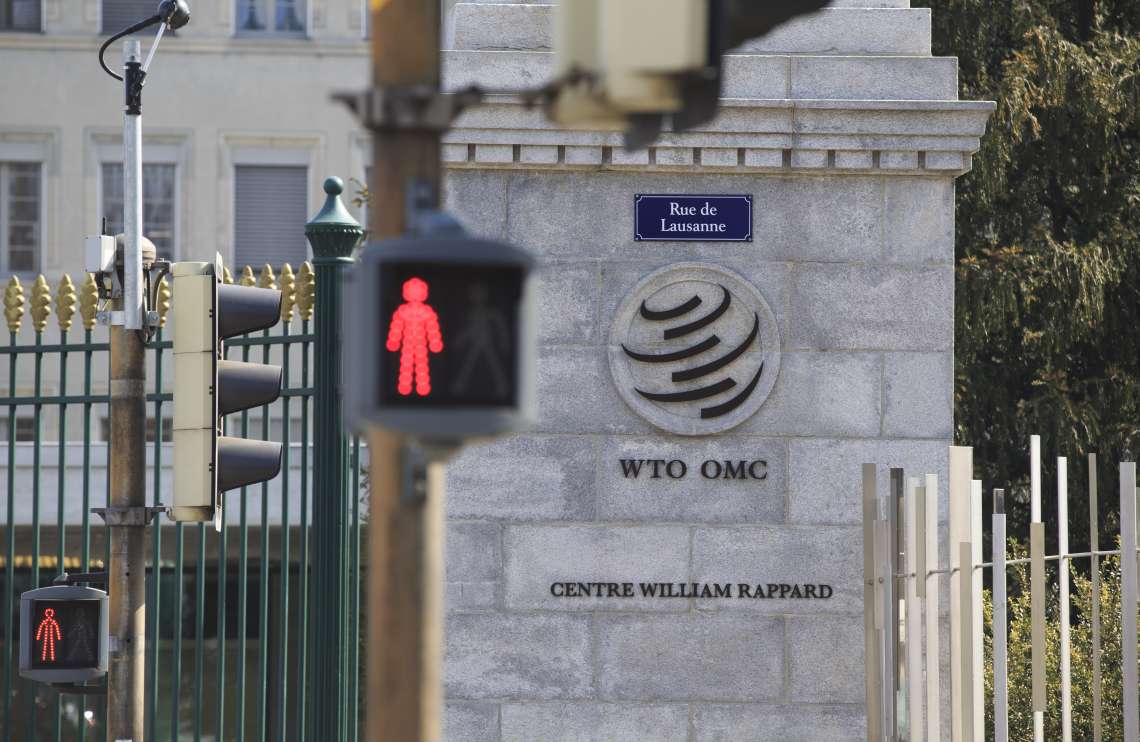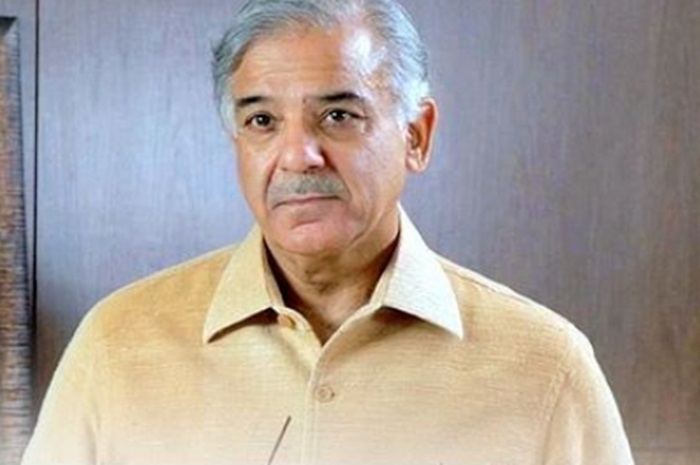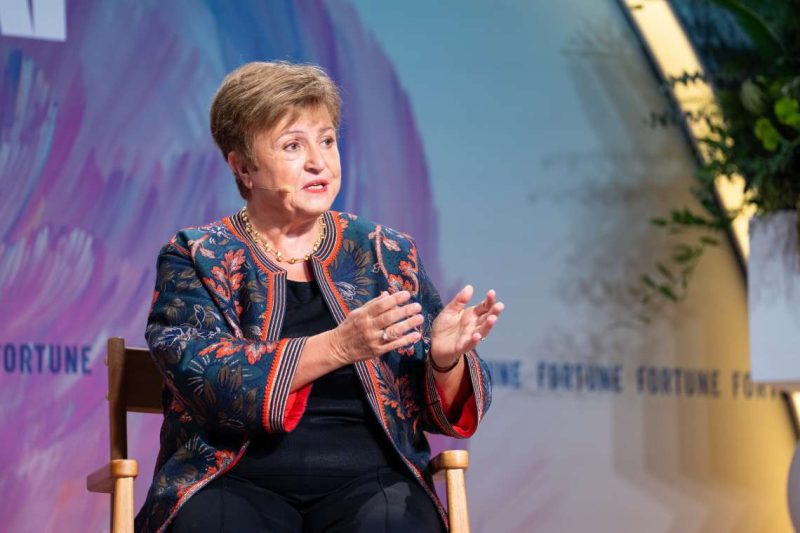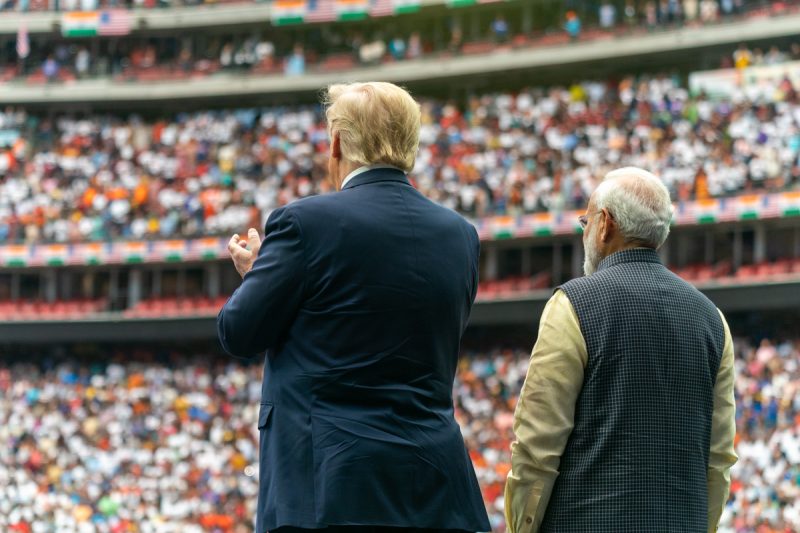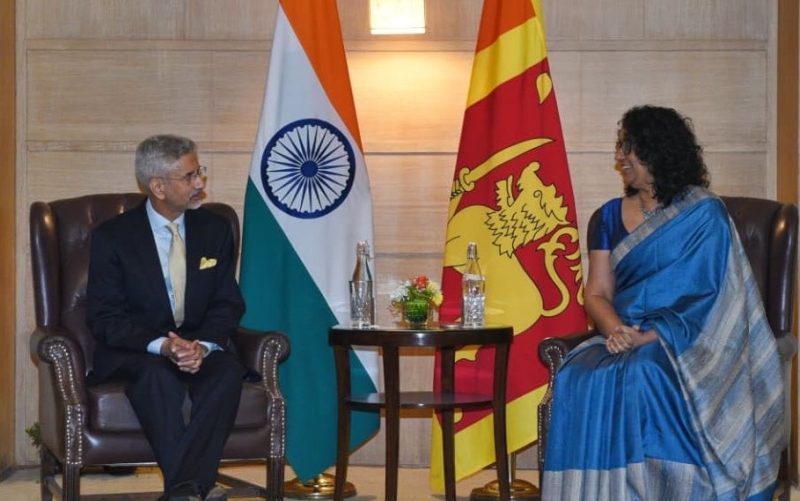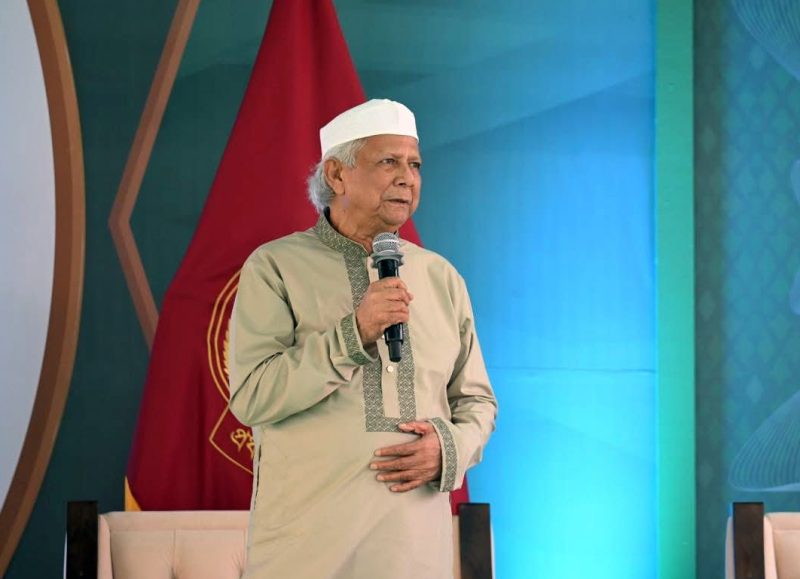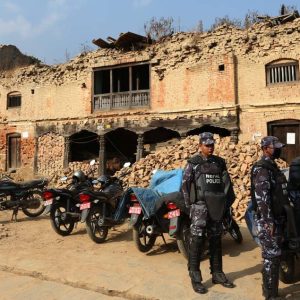There have been speculations that the railway could also be extended from Kathmandu to the Nepalese tourist hub of Pokhara and southern city of Lumbini, near the Indian border…reports Asian Lite News
China has sent a team of experts to Nepal to launch a feasibility study for a cross-border railway project dogged for years by technical challenges, political instability in the Himalayan nation and questions over economic feasibility, according to a media report.
When Chinese President Xi Jinping visited Nepal in 2019, he pledged that the 170 km railway route would boost landlocked Nepal’s economy by improving trade and transport connectivity with China, South China Morning Post (SCMP) reported.
There have been speculations that the railway could also be extended from Kathmandu to the Nepalese tourist hub of Pokhara and southern city of Lumbini, near the Indian border, the report said.
Six Chinese experts from the state-owned China Railway First Survey and Design Institute Group arrived in Kathmandu on Tuesday.
They will study the 170 km Trans-Himalayan Tibet-Nepal railway, according to official Chinese media reports.
The project, a part of Beijing’s transnational Belt and Road Initiative, aims to link Gyirong county in southern Tibet to Nepalese capital Kathmandu and has been in the works since 2016, SCMP reported.
Construction for the project was expected to start by 2021, but its fate has been left uncertain by a number of factors, including environmental concerns and regional geopolitics, topped by the Covid-19 pandemic. Nepal sits between geopolitical rivals China and India, and both giant Asian neighbours seek influence over the small Himalayan nation.
Questions over domestic political support in Nepal for the railway were also raised when former prime minister KP Sharma Oli, who backed the project and was seen as favouring stronger ties with China, was ousted – with the more ‘pro-Indian’ Sher Bahadur Deuba taking over the reins last year, SCMP reported.
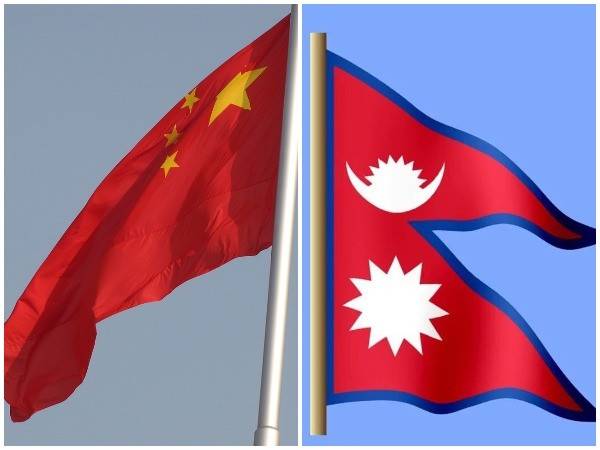
Deuba was replaced on Monday by Pushpa Kamal Dahal, better known as “Prachanda” or the fearless, a pro-China veteran Maoist leader and two-time prime minister who returned to power in an alliance with Oli’s party.
Chinese Foreign Minister Wang Yi said in August that officials from both sides had agreed to fast track a feasibility study for the construction of the Tibet-Nepal railway.
On August 10, some four months after his own visit to Kathmandu, Wang told visiting Nepalese counterpart Narayan Khadka that China will fund the study.
But there are concerns of debt risks for developing countries that take loans from China, and worries that the global economic slowdown will trigger broader cutbacks on China’s commitment to fund costly infrastructure projects under its Belt and Road banner, SCMP reported.
The Chinese-built Hambantota port in Sri Lanka was also a Belt and Road project. It was leased to China for 99 years after Sri Lanka failed to pay up. The island nation is currently undergoing debt restructuring as it struggles to pay off its massive external debts, nearly a fifth of it owed to China.
The multimillion US dollar Indian Ocean port has long been held up as a classic example of what critics call a “Chinese debt trap”, though recent studies have cast doubt on that theory, SCMP reported.
Discussions about the Tibet-Nepal rail link began in 2016, after then prime minister Oli visited China in the aftermath of a prolonged blockade on the Indian border that disrupted vital supplies of fuel, medicine and commodities into Nepal.
Kathmandu blamed the Indian government for the blockade, which erupted after ethnic tensions following the passage by Nepal of a new constitution that ethnic minorities with close Indian ties said discriminated against them, SCMP reported.


